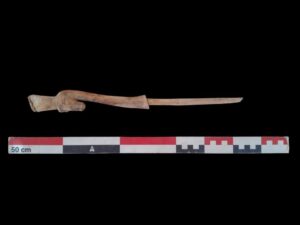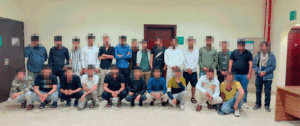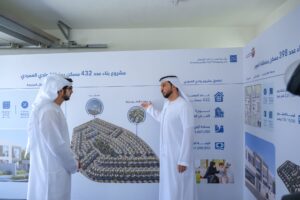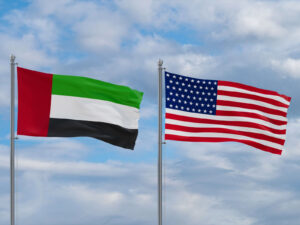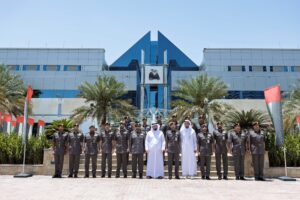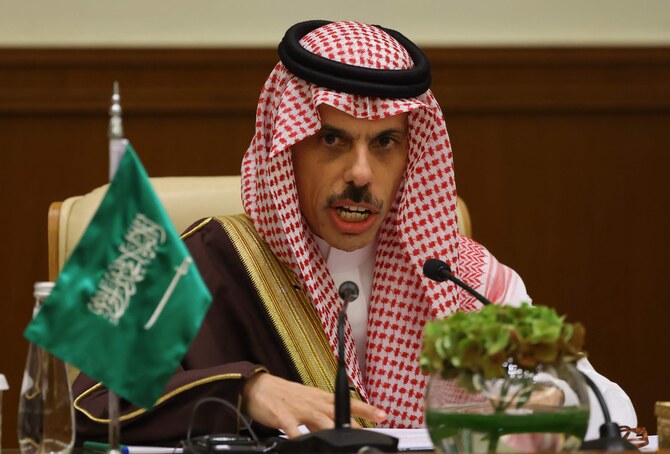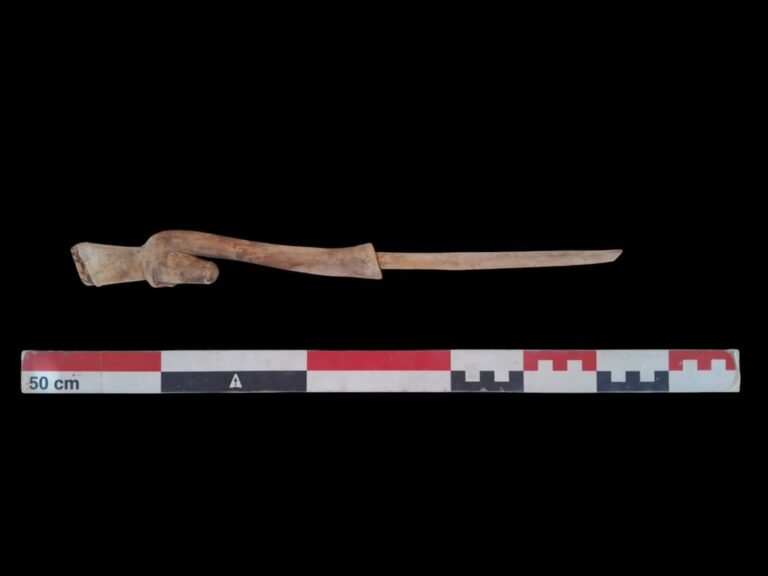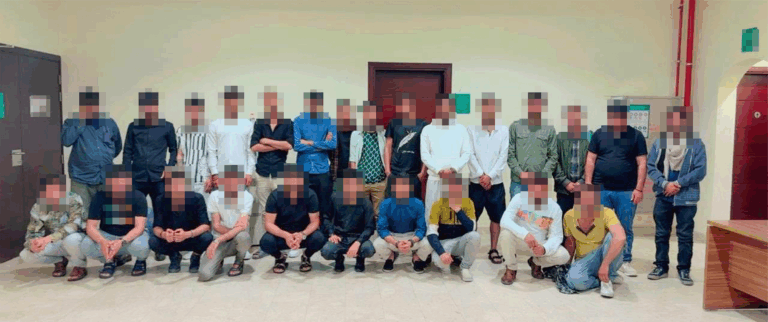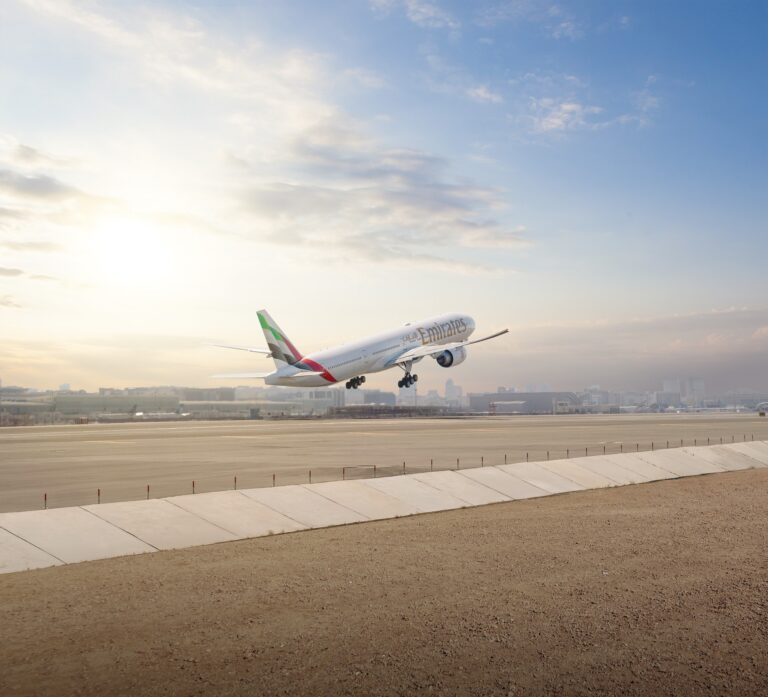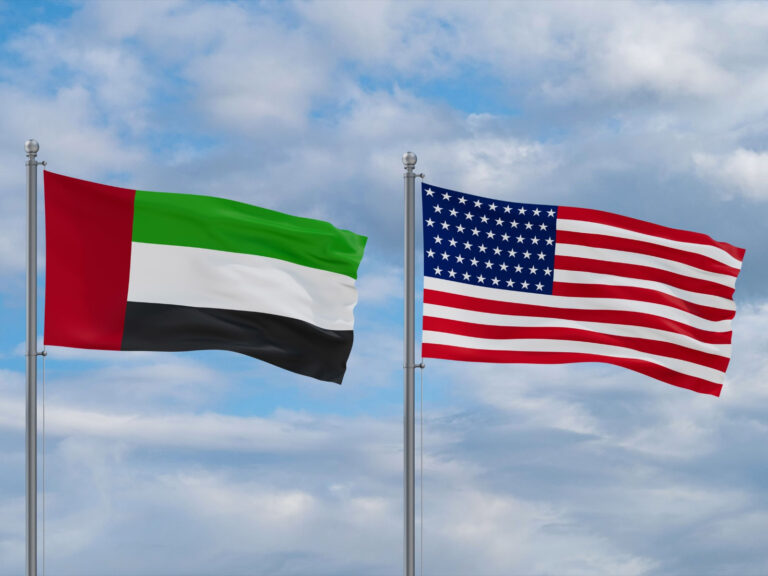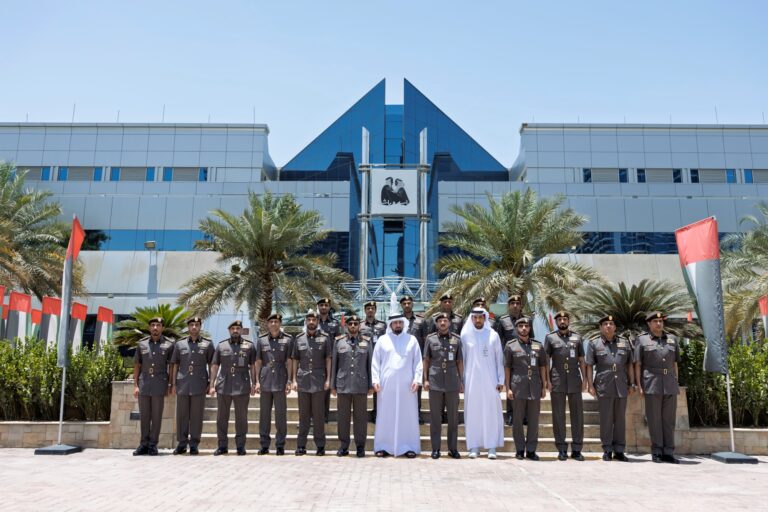- For some pilgrims, leaving children behind is not an option, as they may not have family or trusted caregivers
MINA: Each year, thousands of pilgrims perform the rituals of Hajj with their children in tow, making it a familiar experience for the tiny Muslims, and adding a layer of challenge for the parents.
Pilgrims come for Hajj and Umrah from all over the world, and often pour their life’s savings into completing the fifth pillar of Islam. The reasons some bring their children along vary.
For some, leaving children behind is not an option, as they may not have family or trusted caregivers.
For others, bringing their offspring along is an important step to include them in religious practices from an early age, and have a pivotal, formative memory and experience to share with them.
With nearly 2 million pilgrims packing at the holy sites for Hajj, it can be challenging for parents, scouts and security on the ground to create a comfortable environment for children.
Amal Salama, a consultant in family medicine in Dammam who was in Mina, said: “I do not recommend that parents bring their children with them to Hajj. They will be walking for long distances which will be difficult for them. They also distract their parents from focusing on performing their rituals.
“If possible, parents should leave their children in a safe place before coming to Hajj, since it is only five days until they reunite with them,” she added.
To create ease for pilgrims, a free nursery for children named “Child Care Center” in the Grand Mosque opened within the mosque’s courtyard this year.
The initiative was launched by the Development Committee of the Two Holy Mosques, led by the Royal Commission for the Holy City of Makkah and the Holy Sites, with funding from the General Authority for Awqaf and contributions from all government and security sectors operating in the Grand Mosque.
It is the first child care center in the mosque to offer 24-hour services for pilgrims to help them perform their rituals in comfort and serenity. Only the first three hours are free.
The center includes three rooms and each contains games for various age groups.
The rooms are considered safe and secure spaces for children to wait while their parents or family members complete their Hajj or Umrah rituals.
